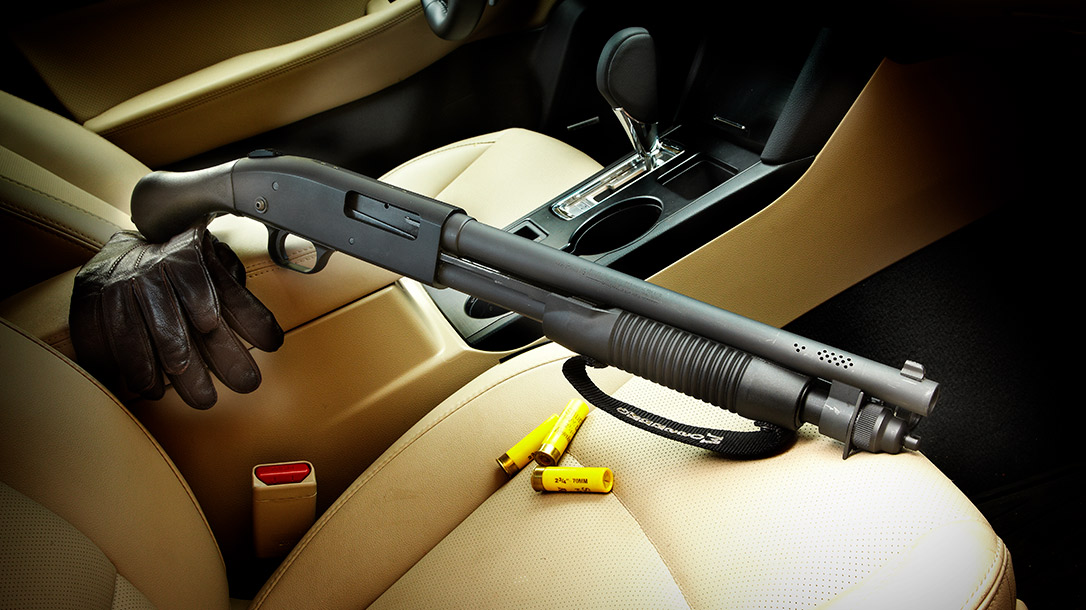When selecting the best self-defense shotgun, several factors need to be taken into consideration to ensure optimal performance and suitability for your specific needs. Here are some key aspects to consider:

Purpose and Intended Use:

- Determine the primary purpose of the shotgun, whether it’s home defense, personal protection, or law enforcement use. Different scenarios may require distinct features and configurations.
Action Type:

- Pump-action shotguns are popular for self-defense due to their reliability, simplicity, and affordability. They require manual operation to chamber each round, providing greater control over the firing rate.
- Semi-automatic shotguns offer rapid follow-up shots, allowing for quick target engagement. However, they may be more expensive and require regular maintenance to ensure smooth functioning.
Barrel Length:
- Shorter barrels, typically between 18.5 and 20 inches, provide better maneuverability in close-quarters environments, while longer barrels, usually around 26-28 inches, enhance accuracy and range.
Gauge:
- The gauge of a shotgun refers to the bore diameter. Common gauges for self-defense include 12-gauge and 20-gauge. 12-gauge shotguns offer more power and versatility, while 20-gauge shotguns are lighter and produce less recoil, making them suitable for smaller-framed individuals.
Capacity:
- Consider the magazine capacity of the shotgun. Higher-capacity magazines allow for more rounds to be fired before reloading, providing an advantage in defensive situations.
Stock and Grip:
- A comfortable and ergonomic stock and grip are essential for proper handling and control of the shotgun. Look for a stock that fits your body type and provides a secure grip.
Sights:
- Self-defense shotguns often come with basic bead sights or ghost ring sights, which offer quick target acquisition. Some models may have the option to mount red dot sights or other optical systems for improved accuracy.
Accessories:
- Consider accessories such as a flashlight for low-light conditions, a sling for easy carrying, and an extended magazine tube for increased capacity.
Legal Considerations:
- Familiarize yourself with the local and federal laws governing the use and ownership of firearms, including any restrictions on specific types of shotguns or accessories.
Training and Practice:
- Regardless of the shotgun you choose, proper training and practice are crucial for developing the skills and confidence necessary for effective self-defense. Attend firearm safety courses and regularly practice shooting at a range to improve your proficiency.
Choosing the best self-defense shotgun involves careful evaluation of your specific needs, intended use, and legal considerations. Consult with knowledgeable firearms dealers or instructors to determine the shotgun that best suits your requirements and provides optimal performance for personal protection.






